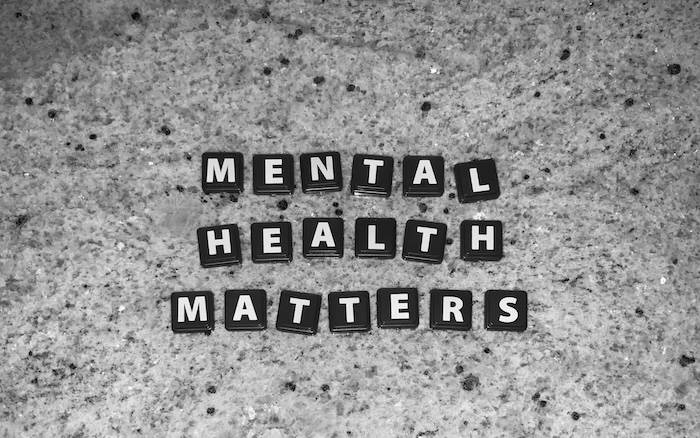
Photo by Marcel Strauß on Unsplash)
By Dave Iverson, Colorado Ceasefire Board member
After a mass shooting event, we often hear that America doesn’t have a gun problem, we have a mental health problem. The facts are more nuanced.
People with mental illness who commit gun violence capture an inordinate amount of media attention, and also capture our imagination, even haunting our nightmares. Mental illness scares most people, and the reasons for this are complex. We have immense stigmatization of it in our culture, and tragically, this stigma drives people away from treatment. That, in and of itself, can be deadly. It’s one reason I react so strongly when I feel like people with serious and persistent mental illness are being unfairly targeted in any fashion.
The fact is that such people are much more likely to be victims of violent crime than perpetrators. Overall, they are responsible for maybe 4% or 5% of overall gun violence. Yet, as we know (painfully well here in Colorado), in a couple of the country’s highest profile mass shootings—Gabby Giffords’s event and the Aurora theater shooting—the perpetrator had clear, serious mental illness as an apparent factor in the crime. I believe the saturated media attention those such killings receive helps perpetuate the ‘gun violence is a mental health problem’ narrative.
An excellent book by Mark Follman, called Trigger Points, speaks to this conundrum. He does a nice job of pointing out that there’s no particular diagnosis, no one personality profile, that can reliably predict gun violence. Any attempts to do so by clinicians, the FBI, the Secret Service, etc., have proven to be futile. More important and useful are looking for the specific, common behaviors that lead to dangerousness—hence the success of Extreme Risk Protection Order (red flag) laws. Such behaviors might be demonstrated by anyone.
In the Gun Violence as a Public Health Problem talk that I give, I cite some interesting information from Follman‘s book. For instance, there are eight factors that Risk Assessment Teams track with a person of interest who may be heading to the point of no return. Those factors make inherent sense to me, and I wish we could roll out such assessment teams broadly across our state:
- Entrenched Grievances
- Pattern of Aggression, Violence
- Stalking
- Threatening Communications
- Emulation of Past Perpetrators
- Personal Deterioration
- Triggering Event(s)
- Attack Planning
The Gun Lobby rarely misses an opportunity to blame mental illness for our country’s gun violence; I believe it is a huge mistake to buy into that narrative. It’s a distraction technique, a deflection; they do it, of course, to help protect their own profits while pouring more guns into our society. Yes, we want more funding for mental health services. And yes, there have been high-profile cases of gun violence committed by people with serious and persistent mental illness. But the incidence of such events is so low, overall, that it’s impossible scientifically to draw reliable, statistically sound conclusions. At least for now.
What we do know, so far, is that, according to a Secret Service review, only a quarter of mass shooting perpetrators had any mental health issues whatsoever. Only 5% suffered from psychosis, as appeared to be the case with the Gabby Giffords and Aurora theater shooters. Do we have a special problem in this country because of the tsunami of guns (which outnumber people, of course) in collision with untreated serious mental illness? Perhaps. But everything, or at least almost everything, I’ve heard so far helps me, and many others in my field, conclude that the focus on mental illness as a scapegoat for gun violence pushes us in the exact wrong direction.
Other countries have people with serious mental illness, just like ours. Other countries struggle with getting services to those people, just like we do. But it’s only our country that has this outrageous problem with gun violence…. It’s the guns.
Dave Iverson, MD, is a psychiatrist in Denver and a member of the Colorado Ceasefire Legislative Action Board.